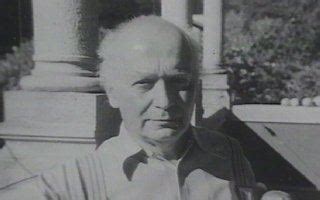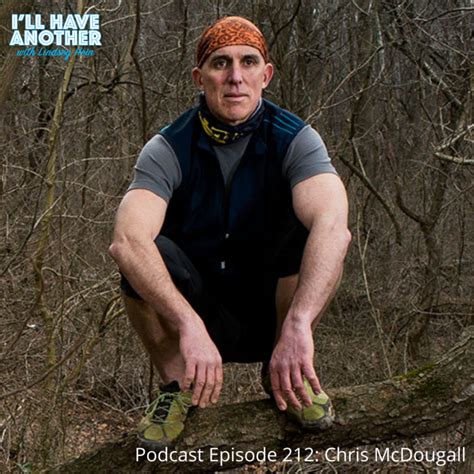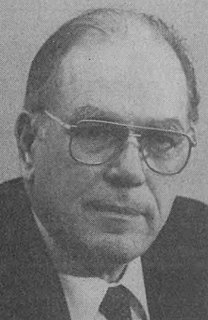A Quote by Vince Staples
It's human nature, we take a mile when we're given an inch. We're crazy. You see what we did to the animals! They don't even exist anymore!
Related Quotes
Many things that human words have upset are set at rest again by the
silence of animals. Animals move through the world like a caravan of
silence. A whole world, that of nature and that of animals, is filled
with silence. Nature and animals seem like protuberances of silence.
The silence of animals and the silence of nature would not be so great
and noble if it were merely a failure of language to materialize.
Silence has been entrusted to the animals and to nature as something
created for its own sake.
I haven't rebelled yet. I don't know, I think maybe just moving up here (to L.A.) by myself counts. But I never really felt the urge. I was always given so much freedom as a kid. My mom's motto was, 'My trust is yours to lose, so I'll give you every trust in the world. But the second I give you an inch and you take a mile, I'm going to pull it back.'
When children see animals in a circus, they learn that animals exist for our amusement. Quite apart from the cruelty involved in training and confining these animals, the whole idea that we should enjoy the humiliating spectacle of an elephant or lion made to perform circus tricks shows a lack of respect for the animals as individuals.
The ruling British elite are like animals--not only in their morality, but in their outlook on knowledge. They are clever animals, who are masters of the wicked nature of their own species, and recognize ferally the distinctions of the hated human species. Nonetheless, obsessively dedicated to being such animals, they can not [sic] assimilate those qualities unique to true human beings.
So much of what we said sounded crazy, yet none of it was false... as if two theoretical physicists stood on stage to say that when we travel near lightspeed, we get younger than nontravellers; that a mile of space next to the sun is differnt than a mile of space next to the earth because the sun-mile space is curved more than the the earth-mile. Silly ideas, worth the admission price in smiles, but they're true. Is high-energy physics interesting because it's true or because it's crazy?
It must be stressed that there is nothing insulting about looking at people as animals. We are animals, after all. Homo sapiens is a species of primate, a biological phenomenon dominated by biological rules, like any other species. Human nature is no more than one particular kind of animal nature. Agreed, the human species is an extraordinary animal; but all other species are also extraordinary animals, each in their own way, and the scientific man-watcher can bring many fresh insights to the study of human affairs if he can retain this basic attitude of evolutionary humility.



































